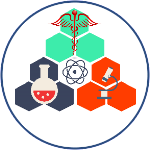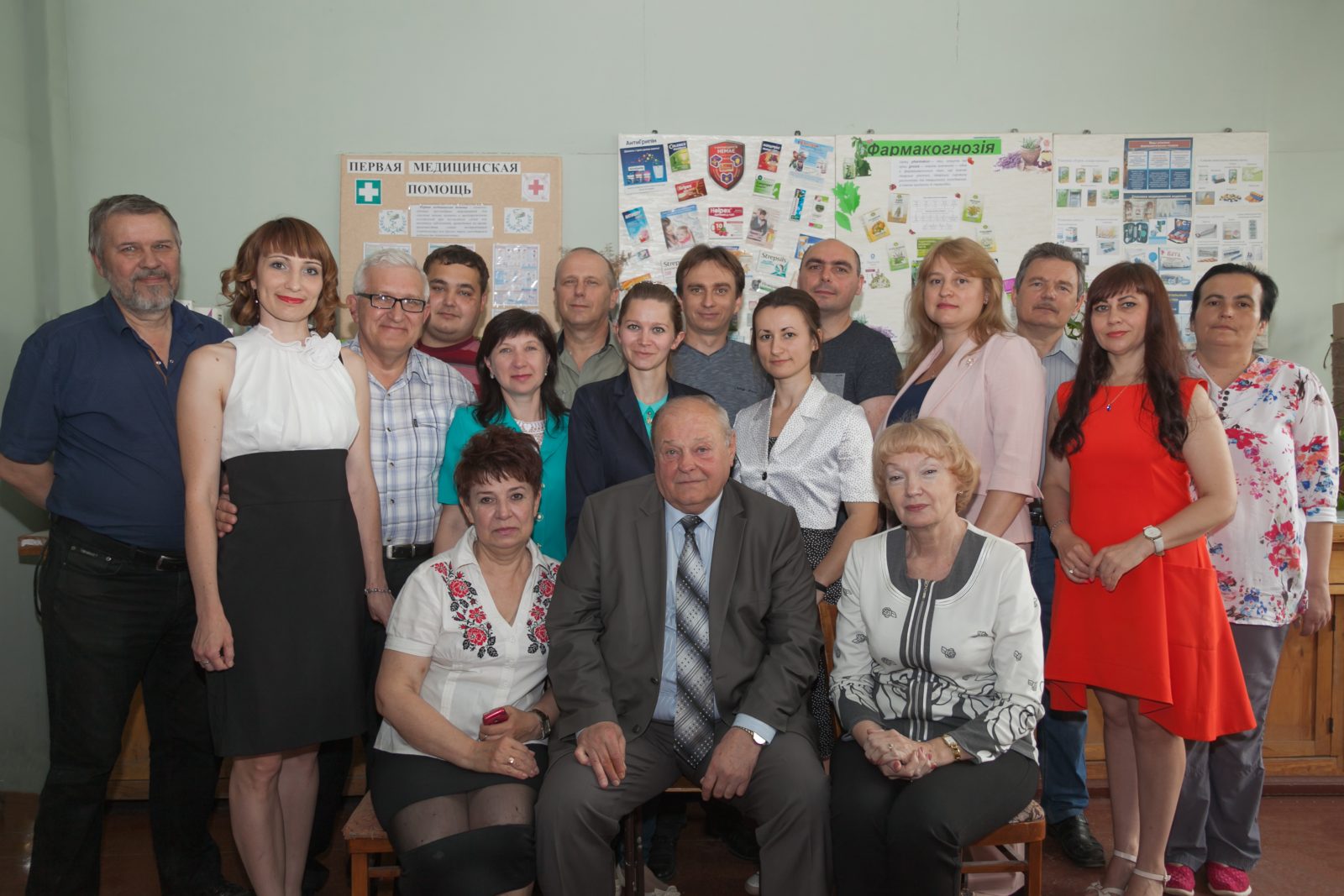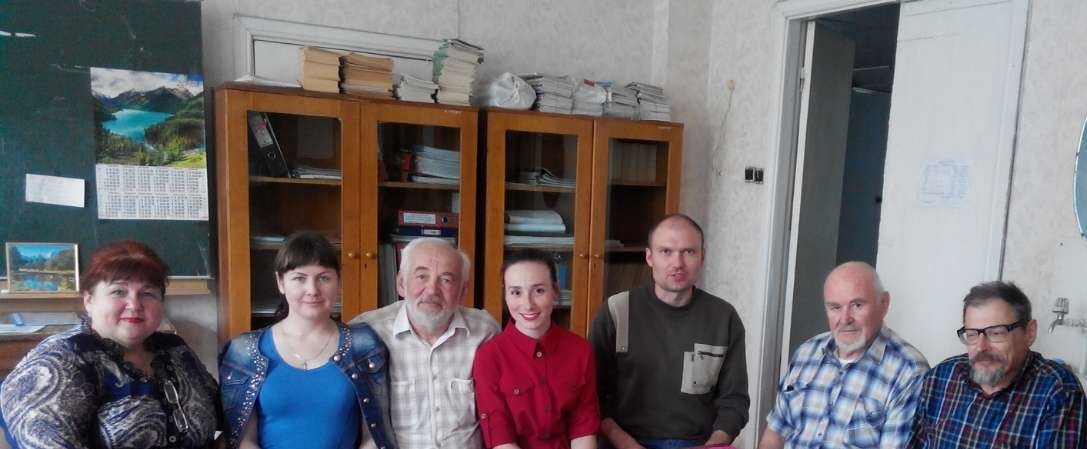DEPARTMENT OF PHARMACY AND TECHNOLOGY OF ORGANIC SUBSTANCES

address: Room 413,
Naberezhna Peremogy, 40b, Dnipro, 49094
tel .: +38 (056) 68-22-33
e-mail: [email protected]
address: room 202b, Naberezhna Peremohy, 40b, Dnipro city, 49094
tel .: +38 (056) 47-34-16
e-mail: [email protected]
The Department trains specialists for the bachelor’s and master’s degrees in the following fields:
Branch of knowledge: 16 Chemical and bioengineering
Specialty: 161 Chemical Technology and Engineering
Educational program:
Chemical Technology of Organic Substances
Branch of knowledge: 22 Health Care
Specialty: 226 Pharmacy
Educational program:
The Department of Technology of Basic Organic Synthesis was founded in 1940. The first head of the Department was E.S. Wasserman In 1941, two students were transferred to the specialty “Technology of Basic Organic Synthesis”. In 1941, when the war began, they were sent to the Military-Chemical Academy.
The first years of the Department’s activities took place during the World War II in the city of Kemerovo, where it was evacuated together with the Institute. After the liberation of the city of Dnepropetrovsk, the Department together with the Institute returned to its hometown in June 1944. The building of the Institute was completely destroyed. The difficult period of the restoration of the Institute and the Department began. Already in November 1944, the successful work of the Department for preparation for the new academic year was marked by the Institute’s administration.
In 1945, there was the first issue of technology engineers in the field of “Technology of basic organic synthesis” – five graduates. One of them was from Poland, Leon Zemczak, who later became director of the department of heavy chemistry in Poland. There was a small issue of specialists the following year – nine graduates. Among them – A.A. Kotsiuba, V.O. Plit, Ye.R. Chertok and Zhuk (Chebrikova), who for many years worked as teachers at the Institute.
The first post-war teacher at the Department was O.A. Petrusha, who first worked as the Head of the shop at the plant of poisonous substances in Chapaevsk. She directed all diploma projects.
In 1949, the Department was headed by prof. O.E. Cretov. Until 1937, prof. O.E. Cretov worked as the Head of the Department of the Military-Chemical Academy. In 1937, he was repressed and, for 9 years, he headed the Special Laboratory of NKVD. In this laboratory, a fundamentally new cumene method for the synthesis of phenol was developed. In 1946, professor O.E. Cretov was released, but without the right to reside in Moscow and in closed cities.
Under the direction of prof. O.E. Cretov, a laboratory of technological character was created, Ye.R. Chertok, G.E. Krakovtseva and V.I. Ragozina took part in its organization.
In 1950, undergraduate student E.D. Radchenko executed his research work at the Department. Ye.D. Radchenko was awarded Hero of Socialist Labor in the future, became Director of the Angarsk Oil Refinery, and then director of the Research Institute of Oil Refining in Moscow.
From 1952-1979, the Department was headed by prof. S.I. Burmistrov, invited to the Institute from Ivanovo. The fundamental researches on chemistry of quinonimines, sulfamides, fluorentene, and others were greatly developed. Education of Ph.D. in postgraduate studies began. The postgraduate students were supervised, in addition to Professor S.I. Burmistrov, by associate professors of the Department K.O. Chervinskyi (hereinafter – the rector of the Chernivtsi University), M.I. Shenbor, E.A. Titov, V.I. Markov, V.L. Dubina. More than 50 candidate and 3 doctoral dissertations have been defended at the Departmen since then.
Prof. S.I. Burmistrov – one of the organizers of the problem laboratory, the head of the Department of chemicals for polymer materials. At the Department, in addition to fundamental research on the alkylation of nitrogen-containing compounds, outstanding technological developments were made to create new domestic thermo- and light-stabilizers. The technology of the new thermostabilizer of the tire cord H-1 was developed, and its industrial production was organized at the Rubizhne Polytechnic Institute Krasitel. Since 1971, the nylon cord manufactured by the Chernihiv synthetic fiber plant was stabilized by the H-1 thermostabilizer, which allowed to significantly extend the life time of automobile tires.
Since 1979, the department was headed by D.Sc., prof. V.I. Markov.
The development of the Department was not only in the direction of increasing the number of specialists that were annually issued, but also in expanding profile specialists.
Since 1988, students have acquired one of the specializations of specialty “Chemical Technology of Organic Substances”: Technology of organic synthesis, technology of biologically active substances, technology of surfactants and synthetic detergents.
Since 1994, the Department has organized training on the specialty “Industrial Pharmacy”. Since 1999, the specialty in the field of “Chemical Technology and Engineering” has been transferred to the direction “Pharmacy” and became known as “Technology of Pharmaceuticals”, which required radical reorganization of the educational process with the introduction of new disciplines of medical, biological and pharmaceutical profiles. At present, the specialty “Technology of Pharmaceuticals” – one of the prestigious at the University.
For the entire period of existence, the Department has prepared and released more than two thousand engineers; among the graduates, many talented industry leaders and prominent figures in science:
V.I. Bazakin – Chief Engineer of Association “Khimreaktiv”; I.T. Bezus – the head of the technical department of the MChI of Ukraine; A.F. Likar – Director of the Shostka Chemical Reactor Plant; V.Ya. Momot – director of the Kiev chemical plant; L.S. Lohmanchuk – chief specialist in acetylene MChI of the former USSR in the Siverskodonetsk branch of GIAP; A.G. Taranenko – Director of the Constantine Chemical Plant; A.M. Fedenko – Director of the Plant of Organic Production JSC “Dniproazot” and many others.
Among graduates of the Department – 15 doctors of sciences, more than 100 candidates of sciences.
50 graduates of the Department work (worked) at SHEI USUCT, including 19 teachers of different departments: ChTOS, organic, physical, inorganic chemistry, technology of high molecular compounds, labor protection, processes and apparatus. Five Department heads graduated from ChTOS.
Graduates of the Department work at universities and firms in the USA, Japan, Canada, Denmark, France, Mozambiquen etc.
Scientific work is an integral part of the Department’s activity. A scientific school was established at the Department, the main directions of which are research on the alkylation of nitrogen-containing compounds, the reactivity of derivatives of quinonimines and aziridines.
In addition to fundamental research, the collective of the Department performed applied design for the creation of new technological lubricants for the processing of metals under pressure, developed technologies of lactic acid production, hardeners of epoxy compositions, etc. A large number of developments are realized in industrial production. Thus, according to the task of the organization engaged in space technology, the technology of production of monomer-hexamethylene bis-maleimide was created and implemented at the Shostkinsky Chemical Reactor Plant, which improved the heat resistance of the fluid compounds and reduced the weight of some parts of spacecraft.
Much attention at the Department has always been devoted to the research work of students. Annually, the students of the Department speak at scientific conferences in Dnipropetrovsk, Kharkiv and Odessa.
The current Head of the Department d.ch.sc. Professor Oleksandr V. Kharchenko.
Department of Organic Chemistry was founded in 1925.
Department of Organic Chemistry is a general educational department. The discipline of organic chemistry is taught for students of specialties 161 – chemical technologies and engineering, 226 – pharmacy, 133 – branch engineering, 151 – automation and computer integrated technologies, 181 – food technologies, 162 – biotechnologies and bioengineering, 186 – publishing house and polygraphy, 101 – ecology.
During the academic year, the Department trains about 500 full-time and part-time students.
The staff of the Department includes 2 professors and 3 associate professors.
Training and support staff consists of a head of the laboratory, 2 senior laboratory assistants and an educational master.
Professor O.V. Prossianyk guides the research work of two post-graduate students at the Department.

